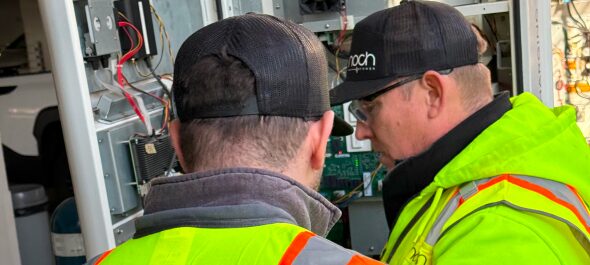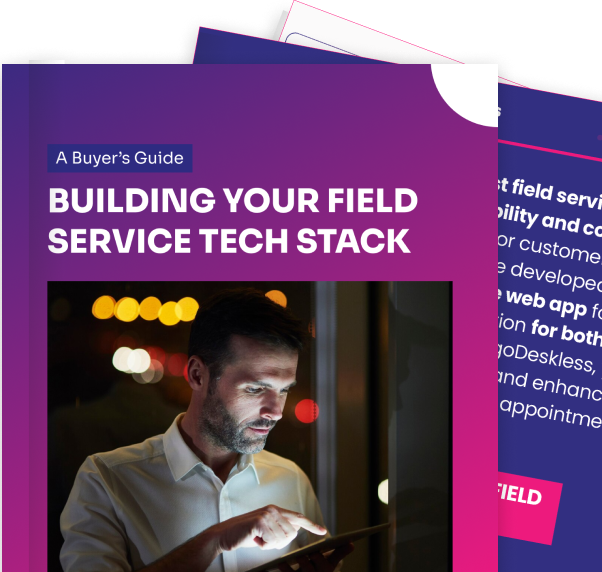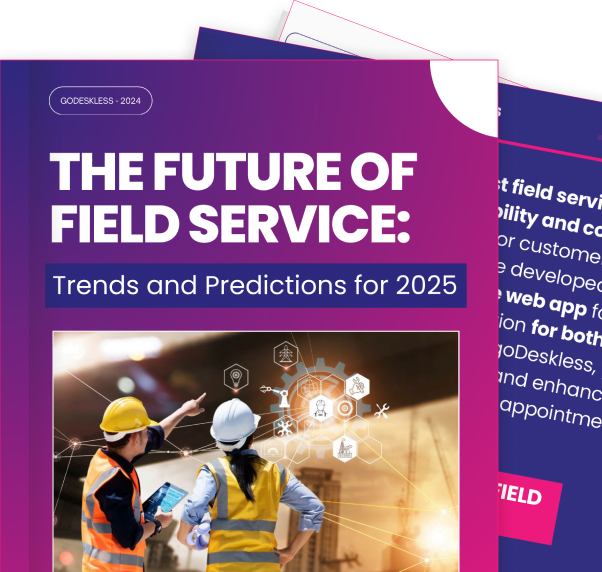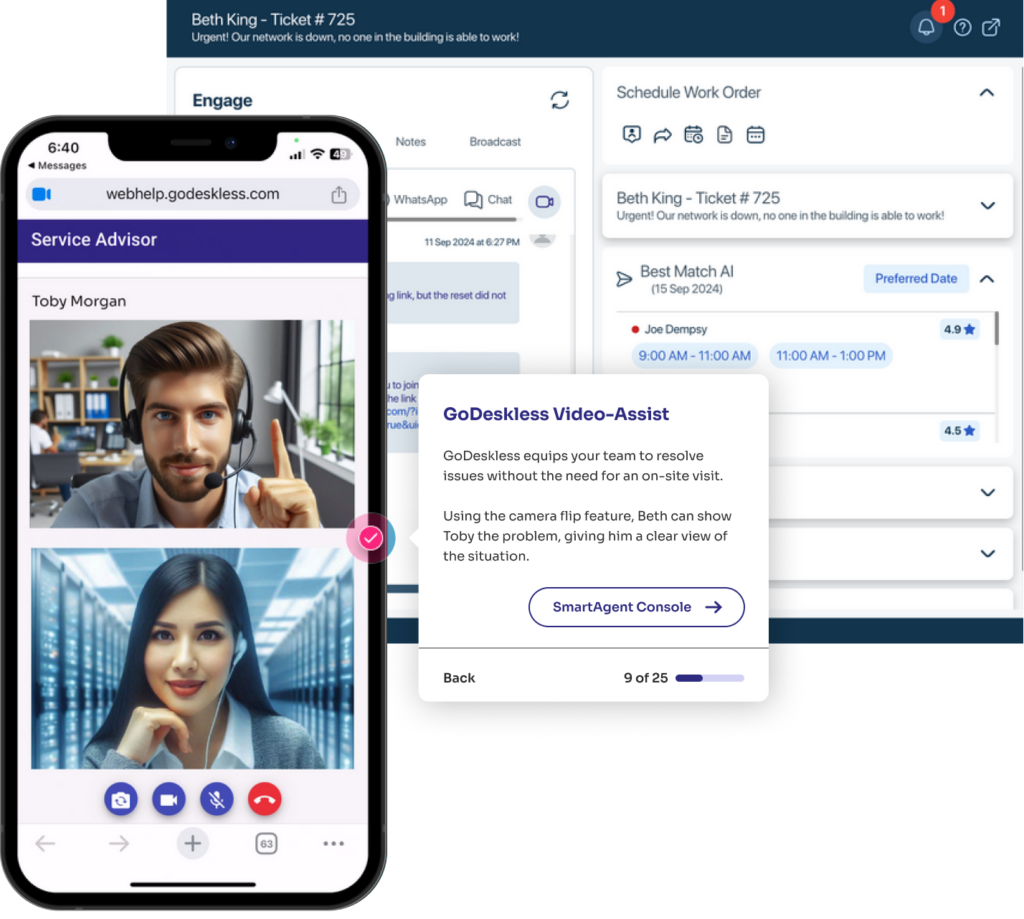Explore the latest deskless technology trends with our blogs, whitepapers, and data sheets, designed to help you maximize GoDeskless solutions.



Explore GoDeskless at your own pace and see how easy it is to manage your field operations from the palm of your hand.

Click here to see how easy it is to manage your field operations, streamline scheduing and track progess.
